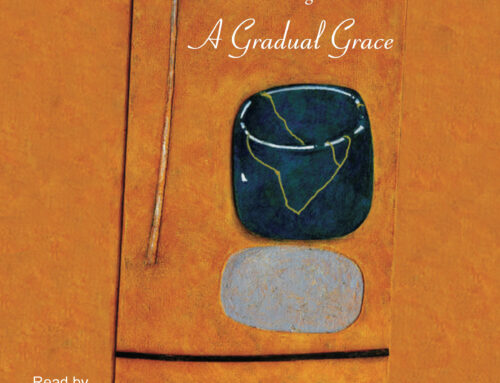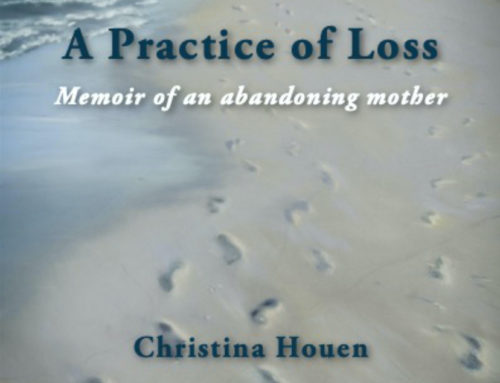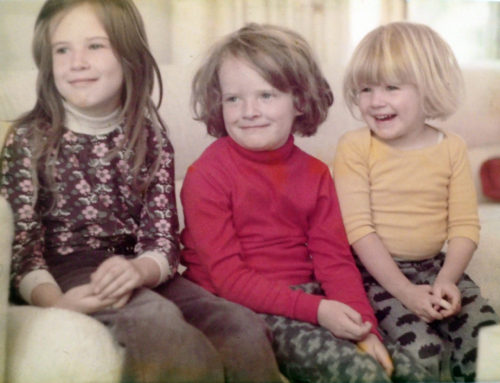When I was searching for a title for my second memoir, I came across a poem by Emily Dickinson. It seemed to express perfectly yet indirectly what the theme of my memoir is. A Gradual Grace is the title I have chosen; it comes from a poem she wrote in 1865. For me, one of her gifts is her celebration of nature in all its diversity and beauty, often seen in obscure or unnoticed rites and manifestations of the sacredness of life.
Further in Summer than the Birds
Pathetic from the Grass
A minor Nation celebrates
Its unobtrusive Mass.
No Ordinance be seen
So gradual the Grace
A pensive Custom it becomes
Enlarging Loneliness.
Antiquest felt at Noon
When August burning low
Arise this spectral Canticle
Repose to typify
Remit as yet no Grace
No Furrow on the Glow
Yet a Druidic Difference
Enhances Nature now
I take the minor nation to be crickets. An ordinance can be an authoritative order or a religious rite. The Mass celebrated by the crickets is minor, ‘pathetic’ because it is so humble and easily overlooked, unofficial, yet still, the poem declares, sacred and making a difference, a Druidic, magical rite of nature. The celebration is for the end of summer, the onset of winter and, by implication, the end of life.
For me, this is a metaphor for the drawing in of old age and the sanctification of life that the awareness of its ending brings. Further than that, it is a celebration of the hidden knowledge and wisdom that age brings, sanctifying a life that has passed (summer) with all its promises and disappointments. A gradual grace perfectly describes what I and my daughters have attained by healing from the trauma of our separation when they were little, lasting through their childhood. Each of us has learned to claim our own power, not to let our lives be defined by the choices we made or were made for us, to let go of being victims, to forgive and to celebrate the mystery of our lives. By transcending our past, we make a difference. The poet has her own lexicon; in it, antiquest (an adjective) means most memorably, most nostalgically. At noon is when the canticle or chant is most keenly felt. Now, in the noon of my old age, I prepare to remit or dispatch my memoir of loss. It is currently being edited by a respected writer friend and literary editor, and I hope to publish it, to make a difference to my life, my daughters’ lives, and the awareness of readers.



